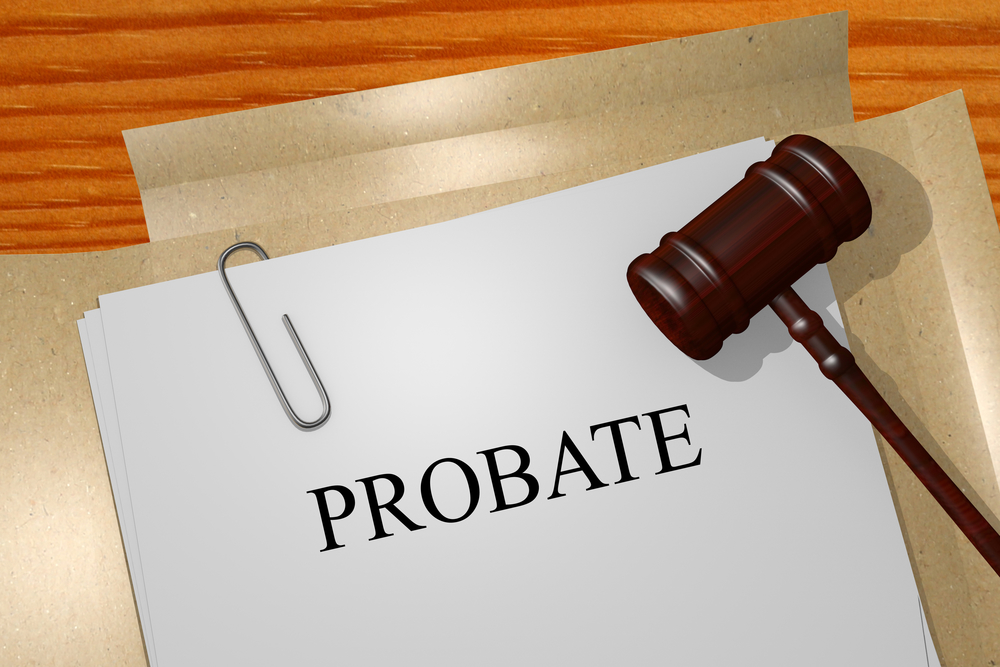 Co-authored by Sharon L. Palmer, ACP, FRP
Co-authored by Sharon L. Palmer, ACP, FRP
For most people, probating an estate is uncharted territory that brings up many questions and concerns. Here are a few of the frequently asked questions our office receives.
What is “Probate”?
The term “probate” is used to describe the court-supervised process of proving the validity of a will, gathering and distributing the decedent’s assets, paying of estate expenses, and filing and payment of taxes.
For the different types of probate administrations and their approximate length of duration, see our article entitled “Probate Administration in Florida”.
Do I need to go through probate if the decedent left a last will and testament?
If the will is used to transfer titles to assets, it must be probated. Thus, whether a will must be probated depends on how the decedent’s assets are titled.
All assets titled solely in the decedent’s name, without a beneficiary designation, must go through probate. Jointly titled assets, assets held in trust, and assets with a valid beneficiary designation do not go through probate.
What if the decedent didn’t have a will?
A probate process must still be used to transfer title at death if there are assets titled solely in the decedent’s name. The difference is that the laws of the state will determine who will inherit your property if there is no will (referred to as an “intestate” probate).
Do I need an attorney to file a probate proceeding?
In Florida, yes.
What’s the difference between an executor and a personal representative?
An “executor” and a “personal representative” are two different names for the same role. While the terms are interchangeable, the term “personal representative” is most commonly used in Florida.
Who can serve as a personal representative?
Any Florida resident over the age of 18, or any relative regardless of residency, who is mentally and physically able to perform the duties and has not been convicted of a felony may serve as personal representative of an estate. Preference in appointment is given as follows:
- the person nominated in the decedent’s last will and testament
- the surviving spouse
- the person selected by a majority in interest of the heirs
Can a spouse be cut out of a decedent’s will?
No. Unless the spouse signed a premarital agreement with the decedent, a surviving spouse is entitled to an “elective share” which is equal to thirty percent of the elective estate, notwithstanding that the will left a smaller amount or even entirely disinherited the spouse.
The calculation of what property is included in the elective share is somewhat complex and will be addressed in a future article.
What are the beneficiaries’ rights during the administration of an estate?
An estate beneficiary has the right to:
- a timely served Notice of Administration stating the deadline for filing an objection to the will;
- receive a copy of the last will and testament filed with the court;
- contest the validity of the will if he or she believes the decedent lacked capacity at the time of signing or was the victim of undue influence;
- a copy of the estate inventory (including the inventory of the decedent’s safe deposit box);
- petition the court for an interim distribution or family allowance;
- receive a detailed accounting of all transactions during the estate, including the personal representative’s proposed plan of distribution;
- object to the accounting or plan of distribution; and
- petition for the removal of a personal representative and/or to contest the compensation payable to the personal representative.
Are the beneficiaries responsible for the decedent’s bills?
Only creditors who file a claim against the estate are entitled to have their bills paid, and then only to the extent of the estate assets. If the total amount of claims filed exceeds the value of the estate assets, the beneficiaries are not personally responsible for the remaining amounts due. However, revocable trusts are generally available to pay claims.
Will I be taxed on what I receive as a beneficiary under the estate?
No, Florida does not have inheritance tax.
For more information or assistance with your family’s final affairs, please call our probate department at (904) 807-2169.